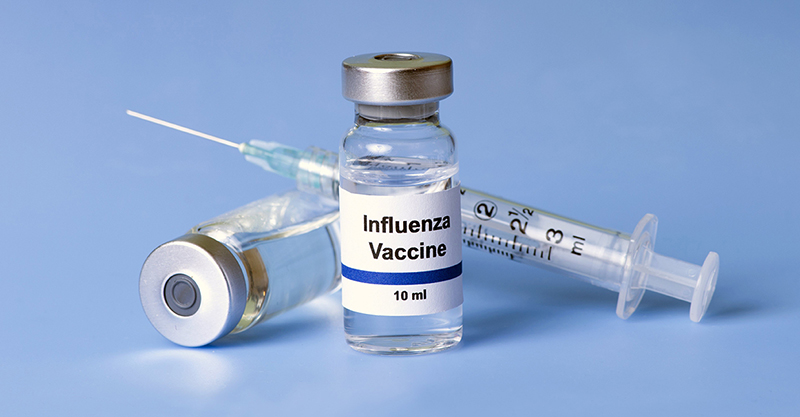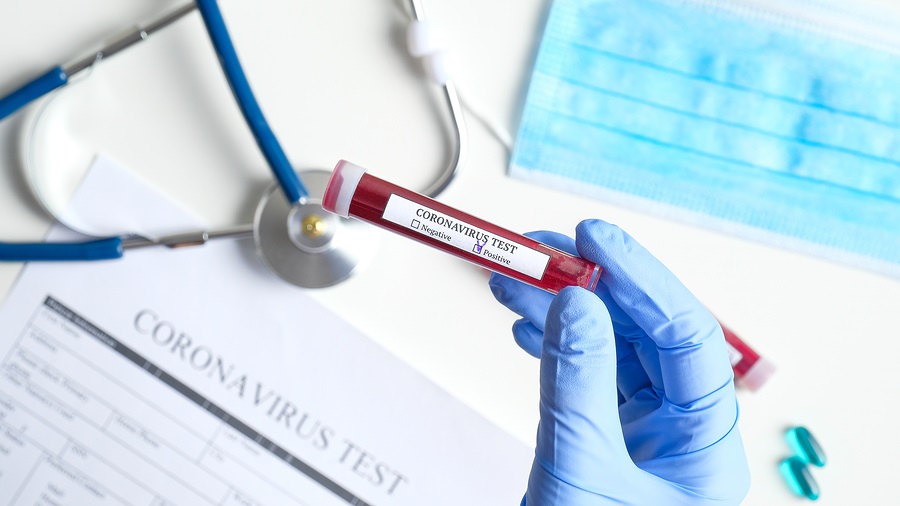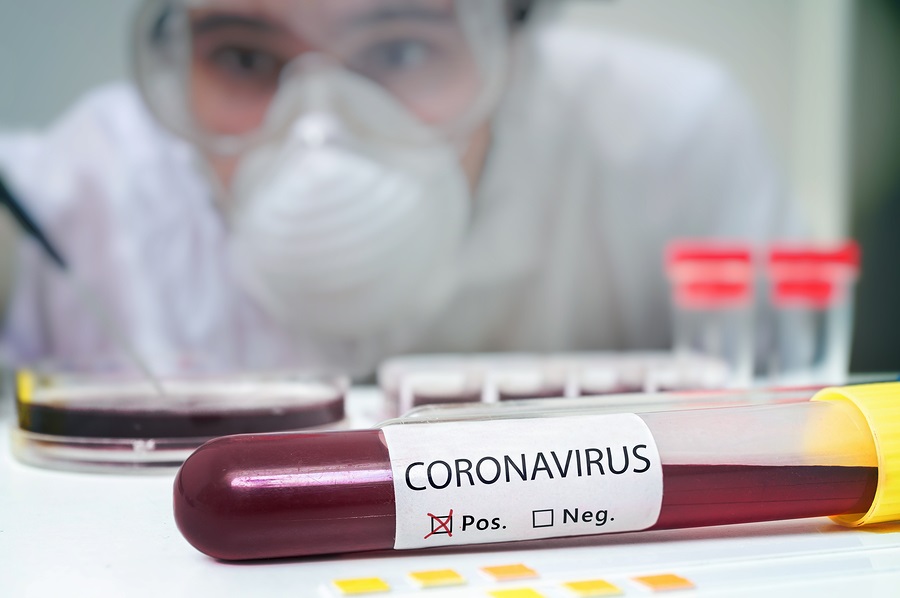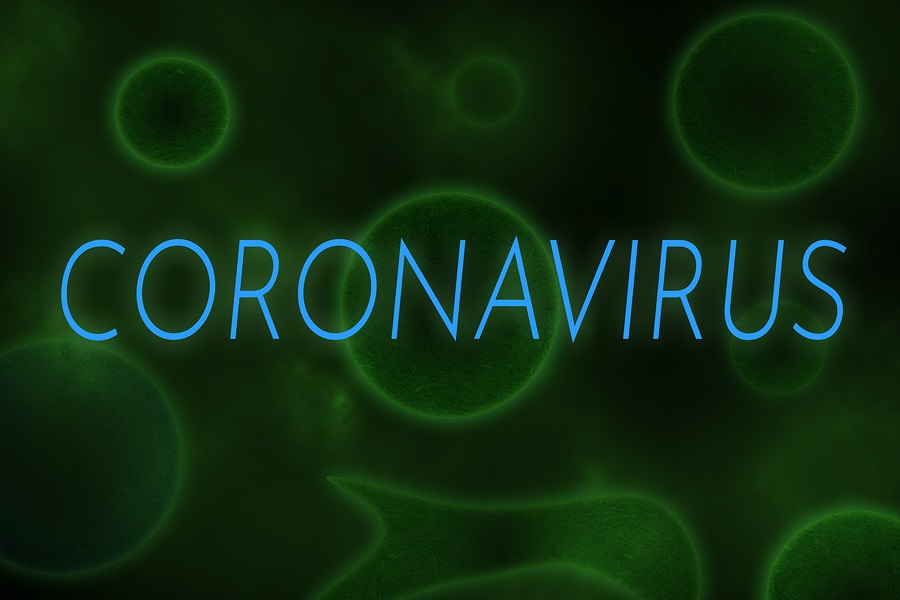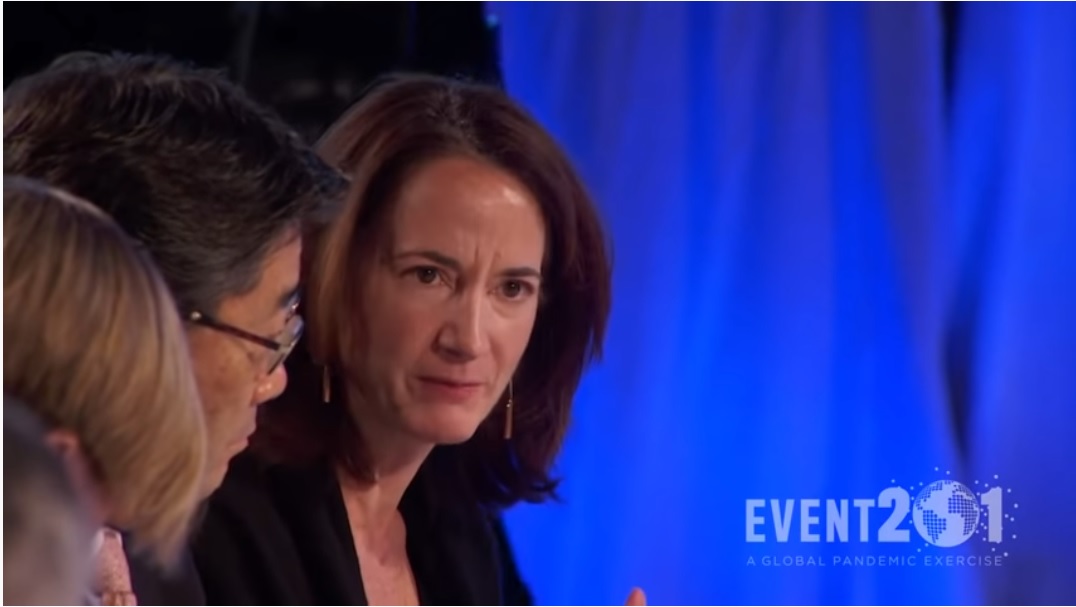On January 27, 2020 we published a press release from Orthomolecular Medicine News Service regarding Vitamin C and its use in treating the Coronavirus.
It soon went viral on Facebook, until Facebook labeled it as "Fake News." Facebook partners with a website called "Lead Stories" to discredit news stories they do not want becoming popular on Facebook. Health Impact News is a popular target of "Lead Stories."
Since we published this news release in January, however, several hospitals in China have begun to conduct trials on intravenous Vitamin C therapy, so it is hardly "Fake News" as Facebook is claiming.
In fact, Facebook is the one guilty of promoting "Fake News" by erroneously claiming there is no proof that Vitamin C can help combat the Coronavirus, when in fact clinical research trials are well underway in China with ample evidence that should be shared with the public, and not suppressed, simply because U.S. sources in bed with Big Pharma do not want the public to have this information.
Orthomolecular Medicine News Service editor Andrew Saul has just published an updated report, and he notes:
"The World Health Organization (WHO) has, literally, met with Google and Facebook and other media giants to stop the spread of what they declare to be wrong information.
Physician-directed, hospital-based administration of intravenous vitamin C has been marginalized or discredited. Scientific debate over COVID-19 appears to not be allowed.
Ironically, Facebook, blocking any significant users' sharing of the news of approved vitamin therapy research, is itself blocked in China by the Chinese government. As for the internet, yes, China has it. And yes, it is censored. But, significantly, the Chinese government has not blocked this real news on how intravenous vitamin C will save lives in the COVID-19 epidemic."
Hence, the news about Vitamin C therapy helping with the Coronavirus outbreak is found mostly in Chinese language websites, endorsed by the Communist China Government's controlled media, but mostly banned in the English language social media platforms like Facebook, or censored from Google search results.




